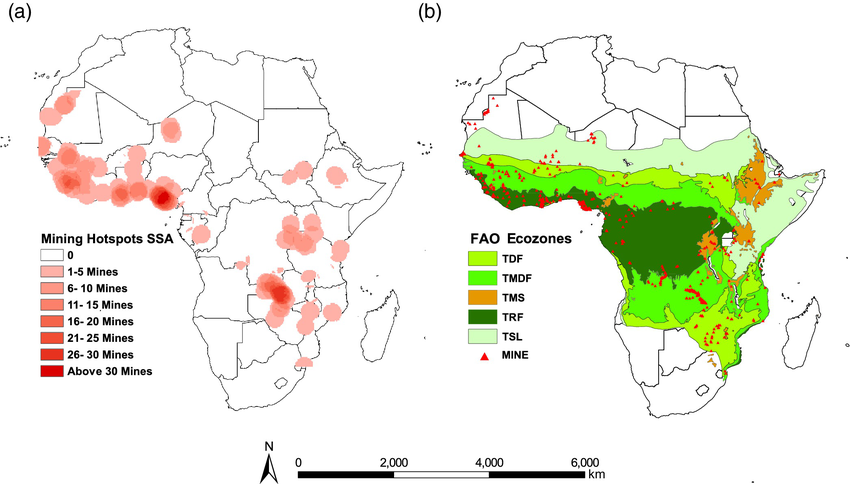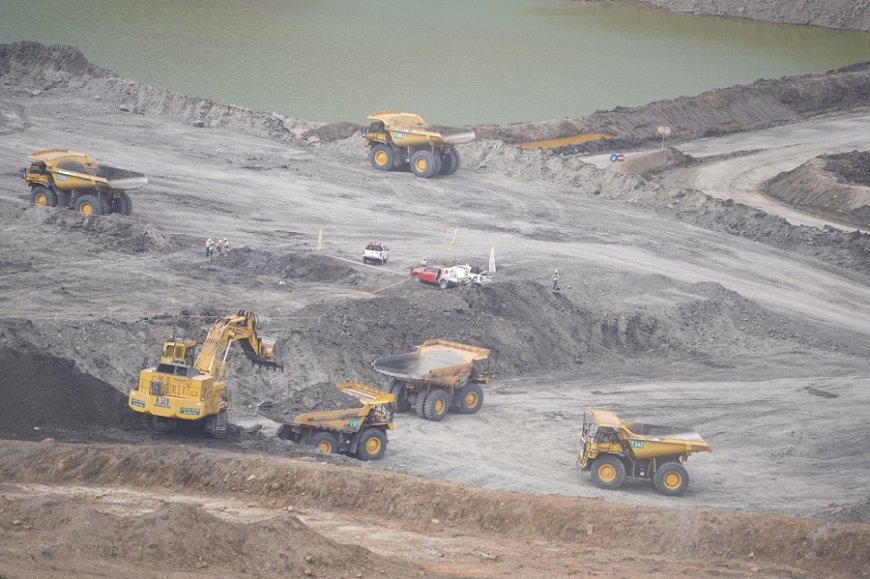Africa Mining Company

An Africa Mining Company typically refers to a firm focused on the exploration, development, and production of mineral resources across the African continent. While the name may refer to a specific entity or serve as a general term, such companies are central to unlocking Africa’s vast reserves of gold, copper, cobalt, lithium, diamonds, and industrial minerals.
Here’s a clear overview of what defines an Africa-focused mining company and its role in the sector.
1. Core Operations and Focus Areas
A typical Africa mining company engages in:
- Mineral Exploration: Using geology, remote sensing, and drilling to identify deposits
- Mine Development: Building infrastructure for open-pit or underground operations
- Production & Processing: Extracting and refining ore into marketable commodities
- Export & Sales: Supplying global markets with battery metals, precious stones, and industrial raw materials
Common target minerals include:
- Gold (Ghana, Mali)
- Cobalt & Copper (DRC, Zambia)
- Lithium (Zimbabwe, Namibia, Mali)
- Diamonds (Botswana, Angola)
- Bauxite (Guinea)
2. Business Models
| Type | Description |
|---|---|
| Junior Explorers | Small firms raising capital to explore high-potential zones; often listed on TSX-V or ASX |
| Mid-Tier Producers | Operate one or more mines with regional focus and growing output |
| State-Owned Enterprises | Government-backed firms like Gécamines (DRC) or MCM (Mali) |
| Joint Ventures | Partnerships between international miners and local governments or investors |
These models support both profitability and national development goals.

3. Key Countries for Operations
The most attractive jurisdictions include:
- Ghana: Stable democracy, strong gold sector
- Democratic Republic of Congo (DRC): World’s top cobalt producer
- Zimbabwe: High-grade lithium and platinum resources
- Namibia: Uranium, lithium, and diamond potential
- Guinea: Holds the world’s largest bauxite reserves
- Botswana: Model for transparent diamond-led growth
These countries offer a mix of resource wealth, improving regulation, and investment incentives.

4. Commitment to Sustainability and Community Impact
Responsible Africa mining companies prioritize:
- Environmental Protection: Land rehabilitation, water management, emissions reduction
- Social Responsibility: Job creation, skills training, healthcare, and education programs
- Local Procurement: Sourcing goods and services from nearby communities
- ESG Compliance: Meeting global standards for ethical sourcing and transparency
Many align with the UN Sustainable Development Goals (SDGs) and Initiative for Responsible Mining Assurance (IRMA).
5. Challenges and Growth Outlook
Challenges:
- Political instability in some regions
- Infrastructure deficits (power, transport)
- Regulatory delays and licensing bottlenecks
- Artisanal mining conflicts and informal trade
Opportunities:
- Rising demand for battery minerals (lithium, cobalt, graphite)
- Expansion of local beneficiation – processing within Africa
- Adoption of AI, automation, and renewable energy
- Regional integration through SADC and ECOWAS initiatives

FAQs
Q1: What does an Africa mining company do?
A1: It explores for and develops mineral resources across Africa, focusing on gold, cobalt, lithium, copper, and diamonds.
Q2: Are there African-owned mining companies?
A2: Yes—many mid-tier and junior firms are African-led, while state-owned enterprises operate major assets.
Q3: How can I invest in African mining?
A3: Through publicly traded stocks, private equity funds, or partnerships with licensed operators.
Conclusion
An Africa mining company plays a vital role in transforming the continent’s natural wealth into economic value. With responsible practices, innovation, and strategic partnerships, these firms help position Africa as a long-term leader in the global mineral supply chain.

